Even people who have lived in Beijing for years may still have difficulties when showing around friends and relatives. And even if you haven’t made your way to the Forbidden City or Confucius Temple, it’s still good to know where to buy traditional, authentic souvenirs.
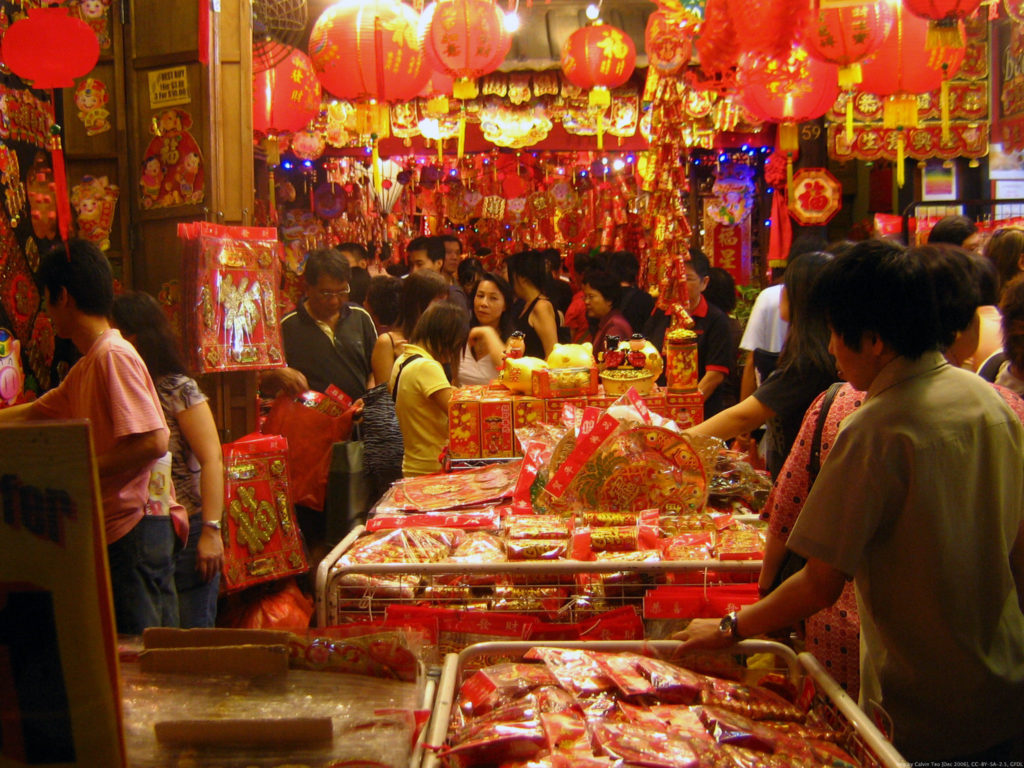
In many Western cultures you can expect that you’re buying what you’re paying for, or at least being able to call on your bank to revoke payment if you’ve been a victim of false advertising. Banks and consumers have no such power in the wild, wild East where authorities are still trying to get current consumer protection laws to be respected (vaccines and seafood scandals anyone?). You’ll probably be on your own when trying to prove to the seller that he put together those iPhone parts with chewing gum (happened to my friend once).
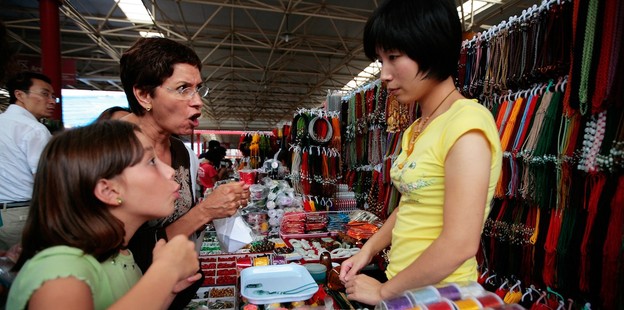
In perfection, while shopping for any traditional goods in Beijing, you have to keep in mind four principles: find a place selling a real product, distinguish the real material, pay the real price, and get good quality.
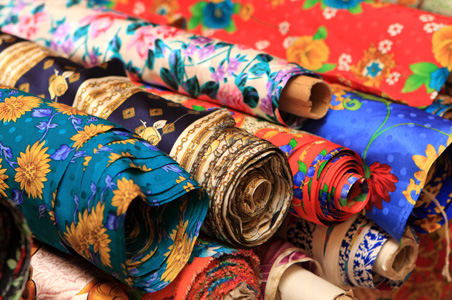
Silk
So, the first rule of a real silk-seeker in Beijing is not to go to the tourist places. There might be exceptions, of course, but most of the merchants have not even a gram of conscience left when dealing with credulous travelers. Even if it does sound oddball, there are almost no chances to find silk on the famous Beijing Silk Market. Beijingers recommend going to government-owned factories, where you can be sure about the quality – however, the prices there might be higher than average. Stopping in a factory would likely be a scientific experience: they usually let visitors see silk worms and may allow visitors to assist in the production process if asked.

If you don’t want to spend a whole day in a far away warehouse, try visiting some Beijing markets that are more popular among Chinese citizens. The biggest one is located just next to the Beijing Zoo (Line 4, Beijing Zoo, exit C) – just explore the area, and you’d find many small stores with more than reasonable, non-tourist prices.

And if you really are determinde to buy a lot of silk, and want to be sure about the quality and prices – maybe the best decision would be to go for a weekend to Suzhou. This is a city not far from Shanghai, dubbed the capital of Chinese silk.
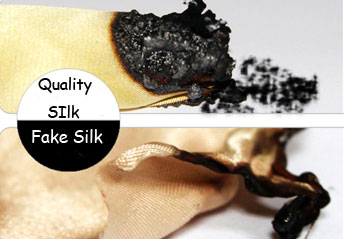
As for quality tests, there is a range tests available, easily researched online. The easiest one to do is to burn a thread – most of the stores will do this with no doubt. If the silk is real, the smoke will be white, and the ash left will be black and look like powder. If it is polyester, then the smoke will be grey or black, smell like burning plastic, and the ash left will look more like burned plastic. However, during this test, you have to be attentive. While looking over tourist reviews, we found a few tricks peddlers used to fool customers. For example, the seller gives you a thread to burn from cloth that was prepared in advance, but then ones you’d buy are made from another material. Or, sometimes the cloth has labels with a “100% silk” note on them. The truth might be that the tag is the only thing there that contains silk.
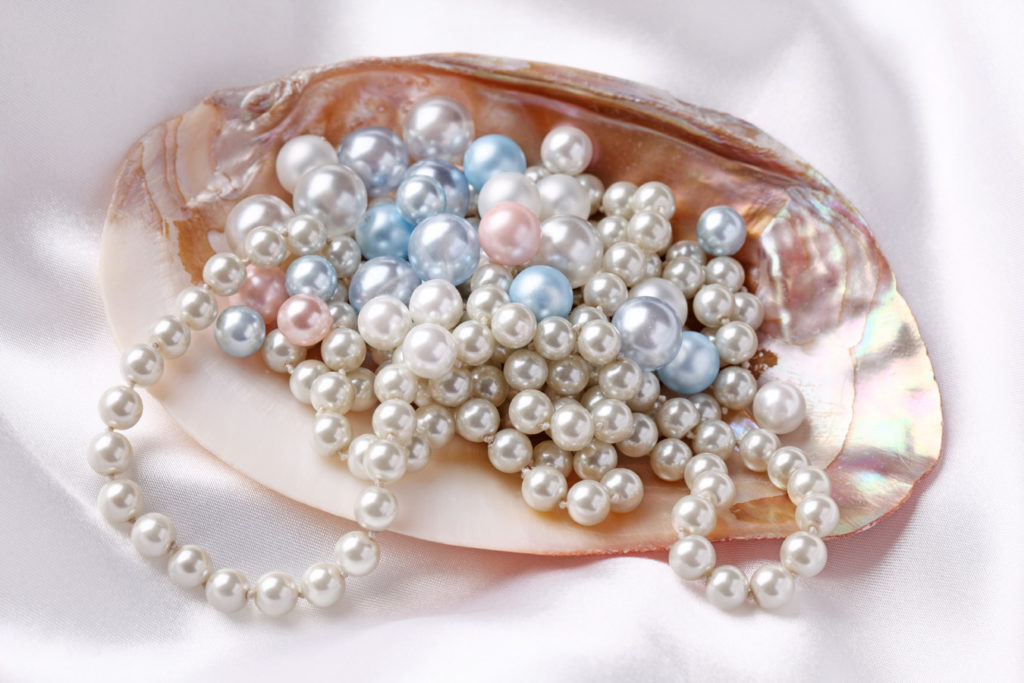
Pearls
You can find three types of pearls in Beijing: cultured, natural and imitation.
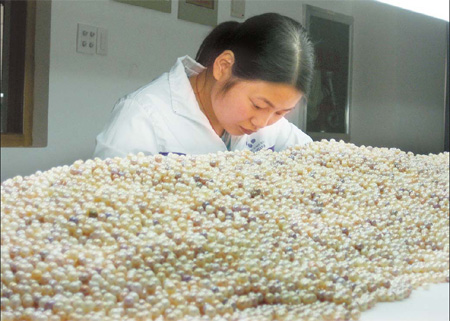
Natural pearls are rare, and much more expensive than cultivated ones. So the chances to find them on a market are almost equal to zero. Usually if the vendor says his pearls are natural, he means that they’re cultivated. For natural ones, you should go to jewelry stores that will give you a certificate after purchasing. However, it all needs to be double-checked in China.
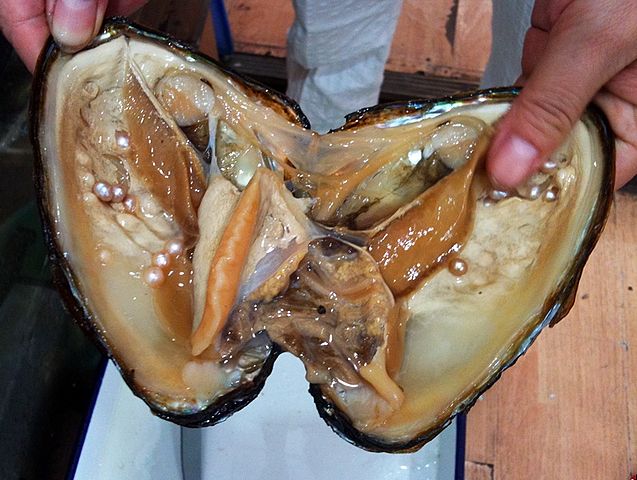
Try visiting the Beijing Pearl Market (Hongqiao), although right now, in August and September, it’s a high season for tourists here and the deals might not be that lucrative. The little advice we got is to establish “guanxi” with a particular store, taking a photo together with a first purchase and a clerk will help you to get a discount next time, even if you’re coming in a year or two later.
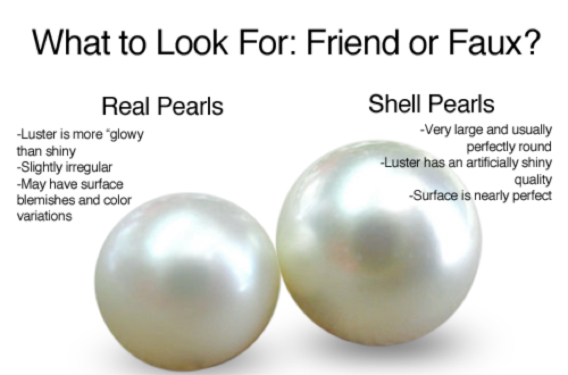
Checking the originality of pearls is not complicated. The most popular test is scraping it a bit with a sharp knife. For a real pearl, you’d get powder. If the pearls were made from plastic, shells or glass, you’d get a small bead from the coating material.
Happy shopping!
Photos: china.org.cn; traveldom.ru; tourguidevietnam.com; 97yysz.com; visitourchina.com; english.visitbeijing.com.cn; blog.lilysilk.com; pearlsinternational.com; chinadaily.com; commoms.wikimedia.com;




